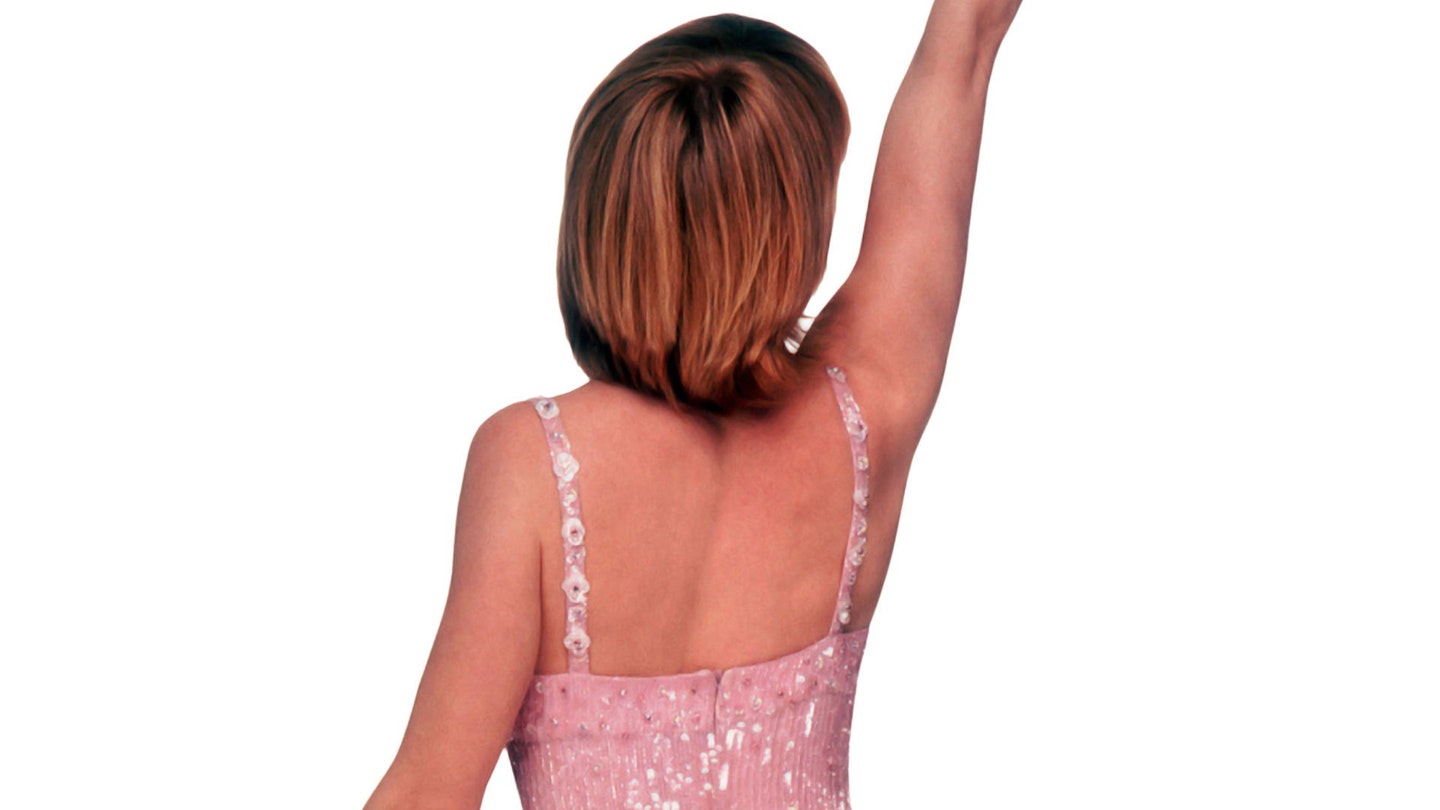Reprising her stage role, Horrocks possesses an uncanny ability to impersonate legendary divas like Judy Garland, Shirley Bassey and Marilyn Monroe. As LV, (a.k.a. Little Voice), she plays a waiflike young woman left catatonic by the death of her father and repressed into virtual silence by her overbearing mother Mari (Blethyn), a war-painted, mini-skirted, gin-swilling slut who can turn the air blue just by opening her mouth.
Her daughter's talent, hidden behind her bedroom door where she chants along to her dad's record collection, bypasses Mari, until LV is "discovered" by her latest beau, washed-up talent agent Ray Say (Caine), and launched on the path to stardom. Meanwhile, shy telephone engineer/ pigeon breeder Billy (McGregor) has taken a shine to LV, seeing her as more than a uniquely talented cash cow.
Having expertly opened out the film (against some fantastically drab seaside backdrops), Herman's direction takes a back seat to the faultless acting. Horrocks handles LV's transformation from childlike waif to sultry stage siren as perfectly as she did on stage, while her "romance" with the boldly-cast-against-type McGregor is as innocent and touching as they come. However, it's Caine and Blethyn who steal the show; the former's wideboy act goes down a storm, the latter great as the deliciously grotesque Mari, who manages to be both truly revolting and compulsively watchable (the sight of her frugging round her living-room to Disco Inferno is not one that fades from the memory quickly).
It's a film that'll make you wrestle with your conscience - willing LV to superstardom, while denouncing the whole set-up as exploitation - and the ending, using McGregor's caged pigeons as a metaphor for our protagonist's predicament, feels rushed. Otherwise, this is exactly the kind of stuff of which huge homegrown hits are made.
